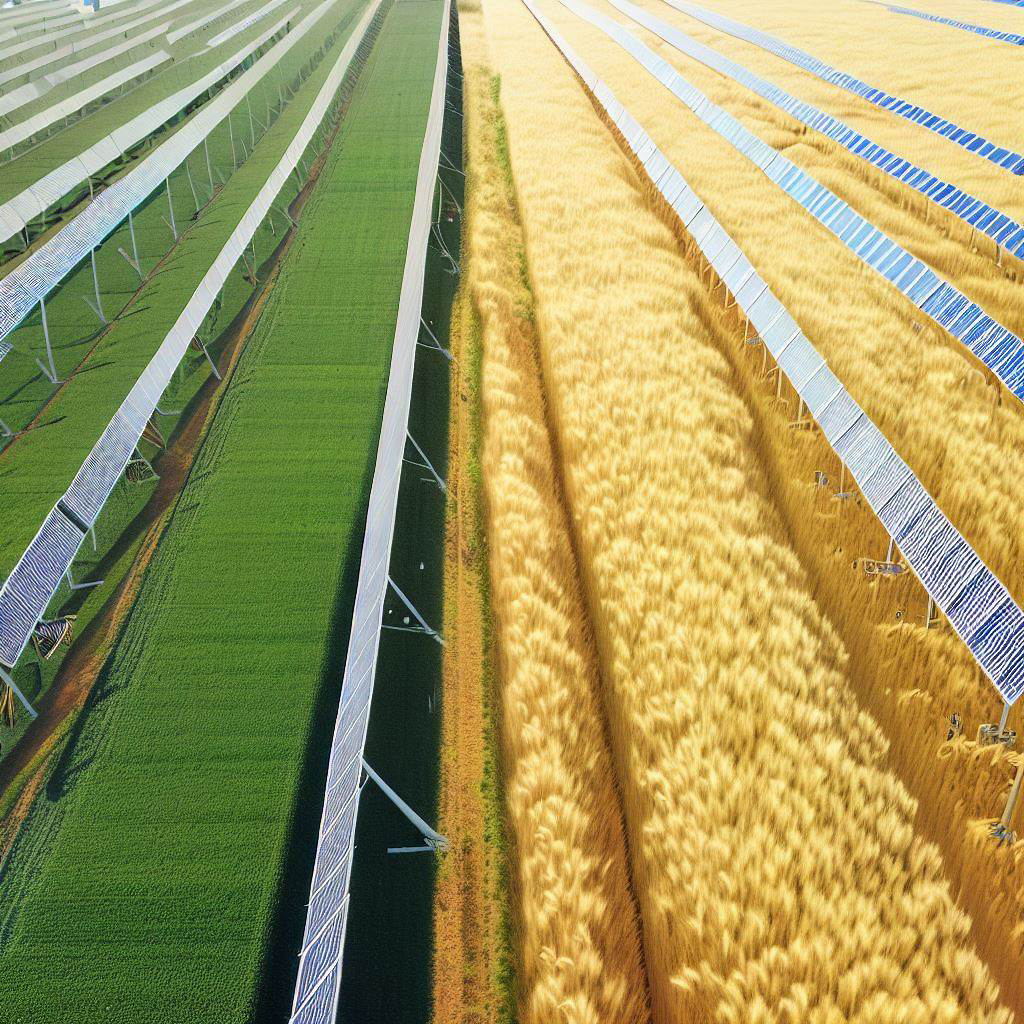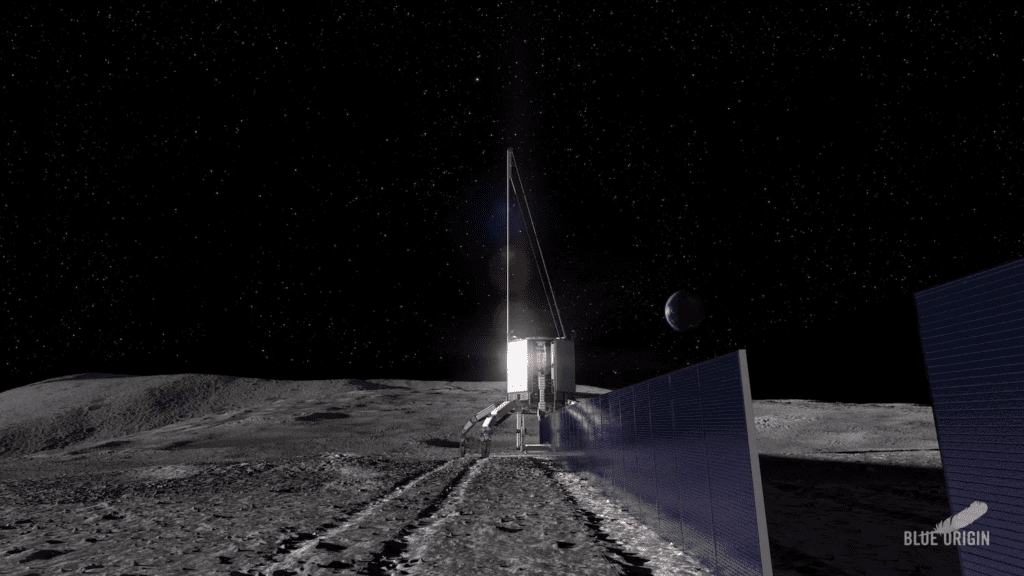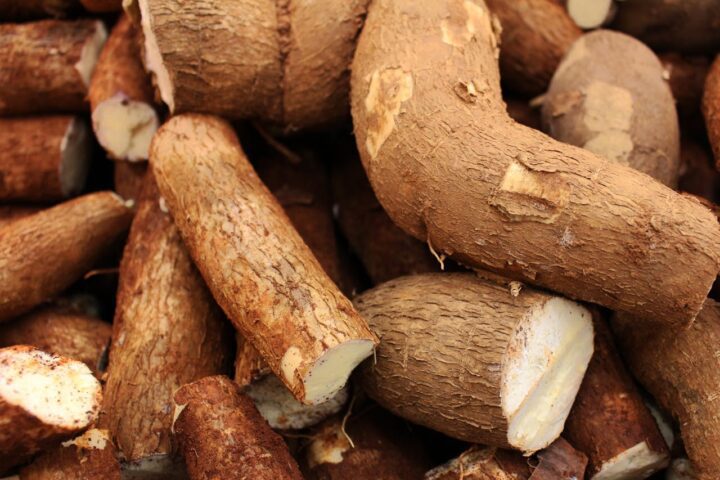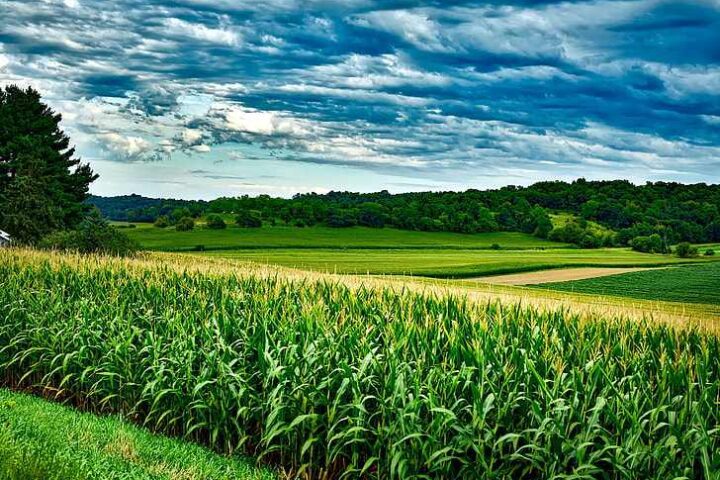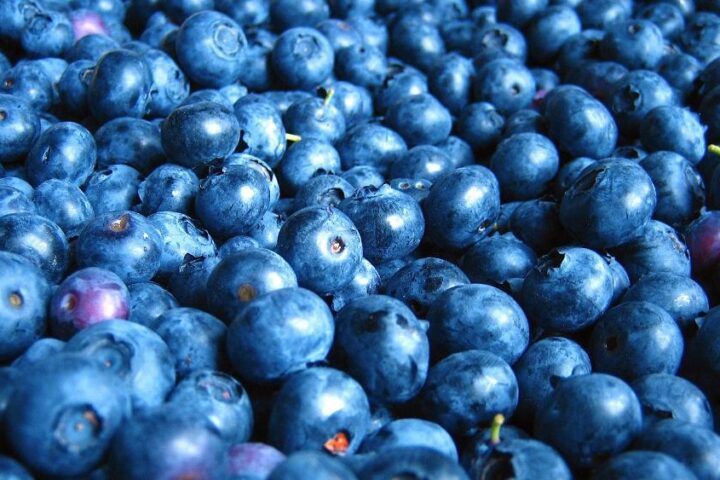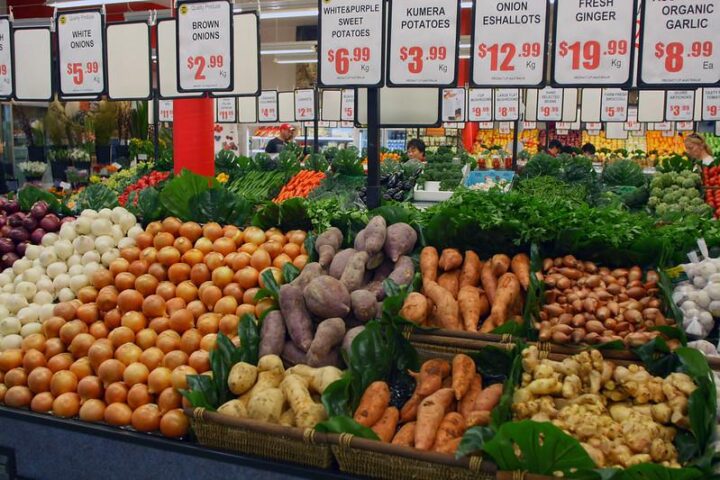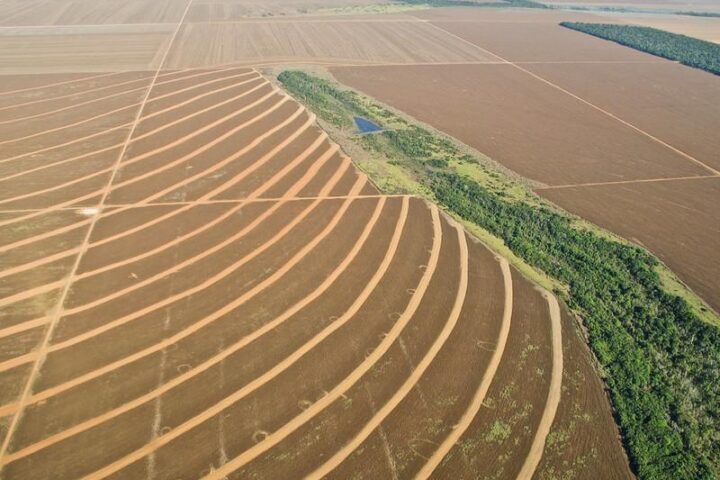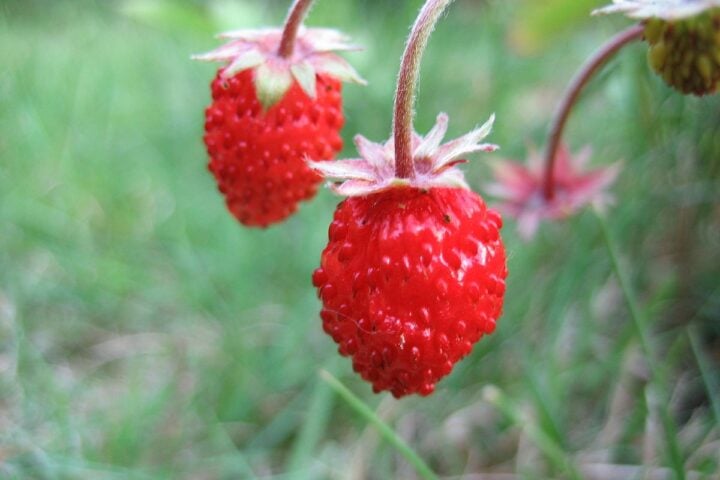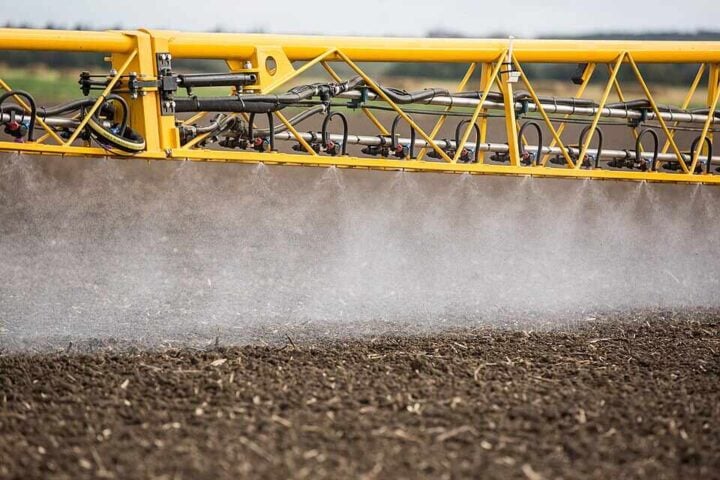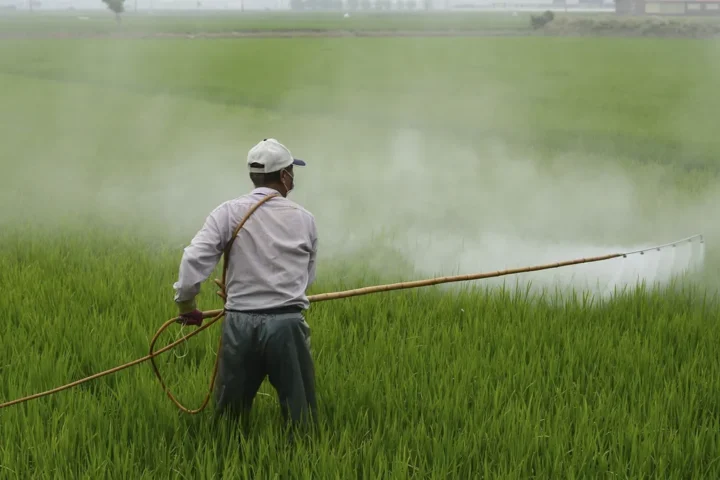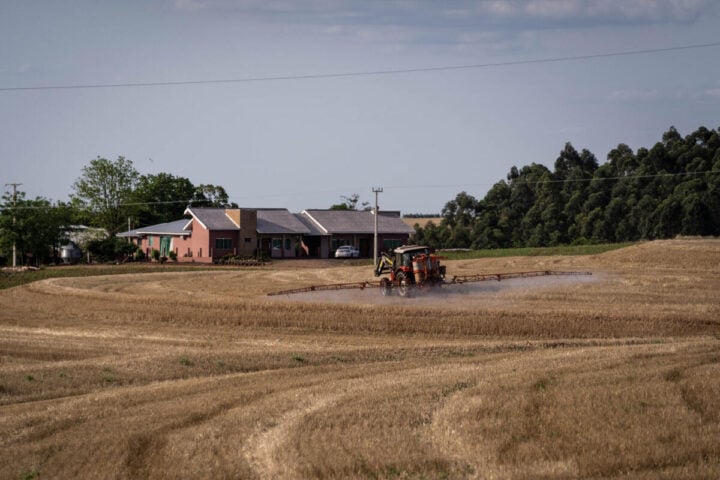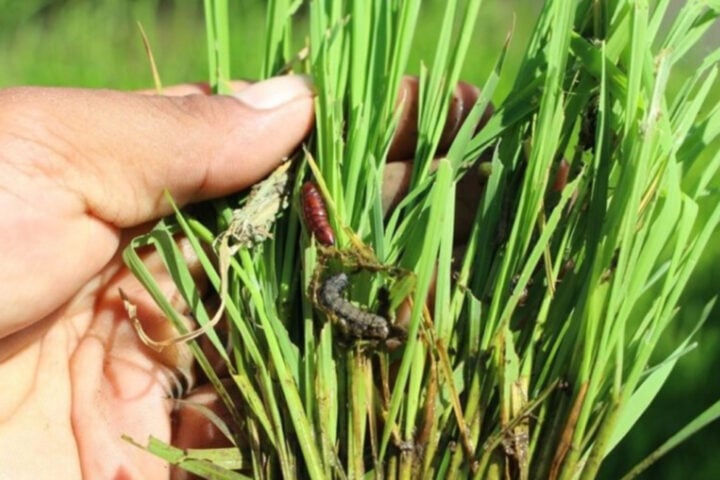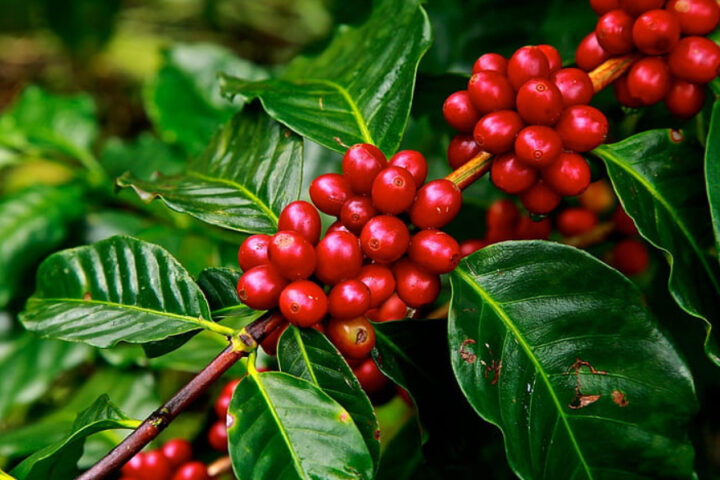German farmer Josef Wimmer is pioneering an innovative blend of renewable energy and sustainable farming by installing solar panels over his hops crops in Au in der Hallertau, Germany. This agrivoltaic system has the dual benefit of generating clean electricity for approximately 250 households while protecting hops plants from the intensifying summer heat caused by climate change.
As the effects of global warming intensify, the solar panel arrangement offers a sustainable solution, providing much-needed shade for crops and aiding in soil moisture retention. This innovative project was executed in partnership with a local solar technology company, Hallertauer Handelshaus, in a bid to combat the challenges of excessive sunlight and climate variability in farming.
While the project’s focus is on hops, the concept is being applied globally in the cultivation of various grains, fruits, and vegetables, highlighting its potential in the wider agricultural sector. The UK, for instance, is considering retrofitting solar panels on greenhouses and polytunnels to optimize crop growth and harness renewable energy.
In East Africa, the installation of solar panels is contributing to water conservation by retaining moisture in plants and soil, thereby enhancing crop resilience. Agrivoltaics, or the co-development of the same area of land for both solar photovoltaic power and agriculture, can lead to increased crop yields, reduced water needs, and clean electricity generation.
Careful planning and consideration of local conditions is crucial to the success of agrivoltaic projects, given the increasing variability of climate patterns. The future of agriculture could be revolutionized by establishing solar parks over crop fields, generating more electricity and supporting sustainable farming.
Interest in agrivoltaic systems from hop farmers around the world is on the rise, underscoring the appeal of this renewable energy-crop cultivation combo. By adopting agrivoltaic systems, farmers can make a valuable contribution to a sustainable future while ensuring the long-term survival of their crops.
The use of solar power in agriculture could be instrumental in addressing climate change challenges and boosting agricultural productivity. Farmer Wimmer’s solar-powered hops project was initiated just last fall, proving the speed at which innovative solutions can be implemented.
The advent of agrivoltaics in hops farming is believed to be a first, despite its application in the cultivation of other crops globally. Project manager Bernhard Gruber emphasized the role of solar panel-generated shade in ensuring healthier hops crops and reducing their susceptibility to diseases.
Gruber and his team plan to establish another solar park over hops fields by the end of the year due to the project’s success. The analysis of the benefits for the plants from this innovative farming approach will be scientifically studied and reported in October 2023.
Beyond the solar power generation, the project also demonstrates the opportunity to protect crops from increasing heat stress and maintain soil moisture, enhancing overall crop health. Researchers are now focusing on finding the right balance between shade and sunlight for the best harvest results.
Elinor Thompson, a researcher at the University of Greenwich, is studying how to maximize the use of solar structures in agriculture, especially in regions facing hotter and more volatile weather. In East Africa, agrivoltaic systems are being developed as a resilience strategy against human-induced climate change, demonstrating its relevance in diverse geographical contexts.
Similar Post
Richard Randle-Boggis, a researcher at the University of Sheffield, highlighted that crops under solar panels used about 16% less irrigation, suggesting a positive impact on water conservation. Randle-Boggis’s research also shows a positive correlation between agrivoltaic systems and higher crop yields for certain crops like corn, Swiss chard, and beans.
The future of agrivoltaic systems depends on their adaptability to local contexts, indicating that these projects can be replicated globally for various crops. Gruber envisions a future where more crops, particularly beer-making hops, are grown under solar power, emphasizing the role of renewable energy in sustainable agriculture.
Gruber’s project has sparked interest among hop farmers globally, indicating the potential for wider adoption of agrivoltaic systems in the agricultural sector.
